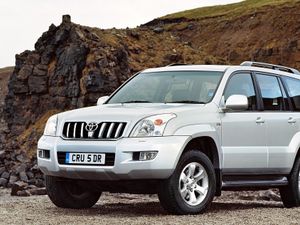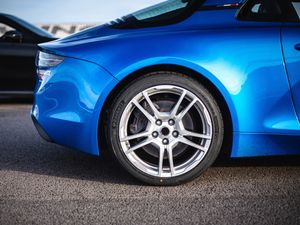AdBlue: What is it, do I need it and how do I fill it up?
If you have a modern diesel car, there’s a fair chance you have an AdBlue system. Here’s your guide to this emission-reducing tech
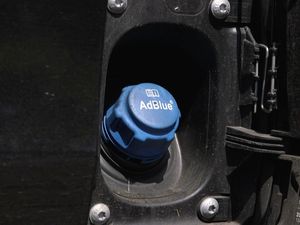
There’s been a lot said about the cleanliness of diesel engines in the last few years, with manufacturers scrambling to find ways to reduce the amount of polluting compounds including nitrogen oxides produced by these engines.
One way of bringing these pollutants down to acceptable levels is AdBlue. It’s the friendly face of a process known as Selective Catalytic Reduction (SCR), which transforms harmful nitrogen oxides into the rather more benign solution of water and nitrogen – both of which can be released into the atmosphere without harm.
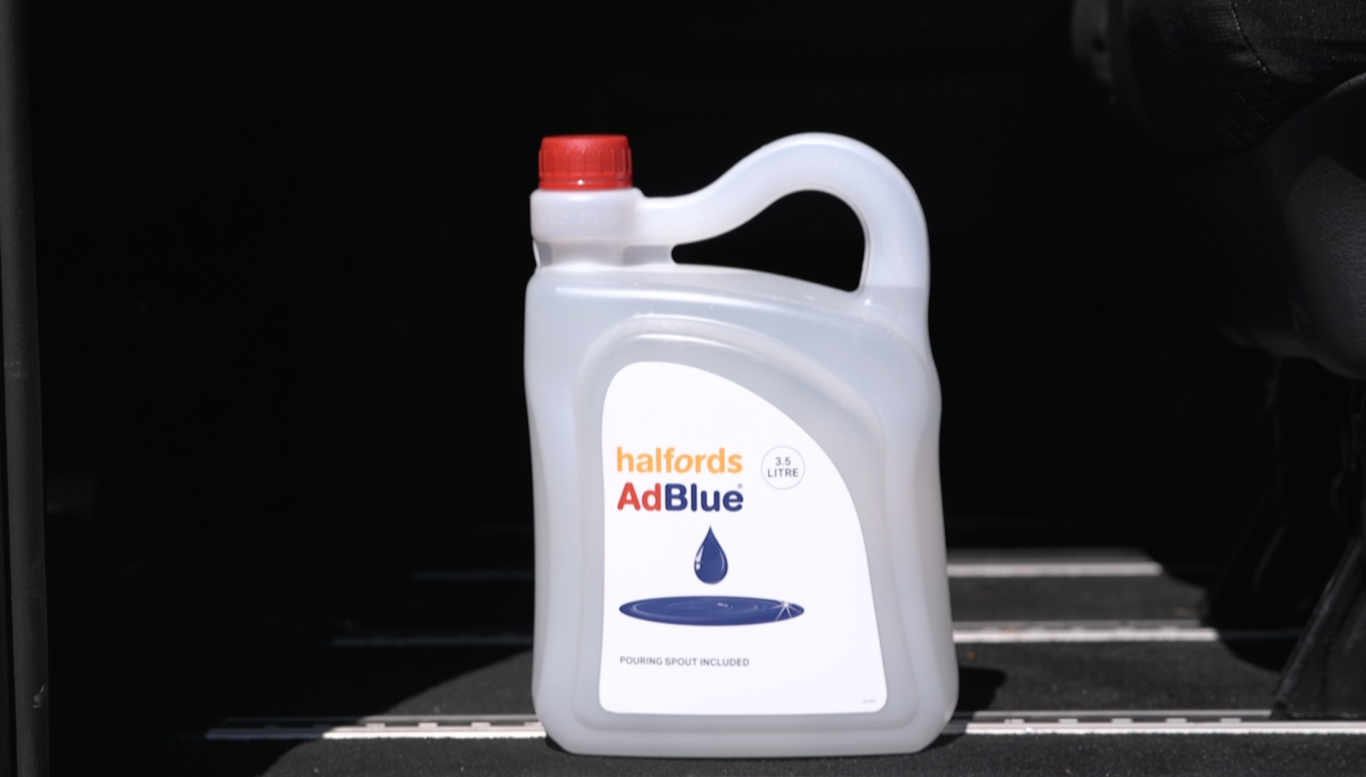
SCR is a very effective system, but it can’t run on its own. It needs a small amount of a liquid to be injected into the exhaust – AdBlue. AdBlue is a man-made solution of a chemical called urea, which is capable of converting nitrogen oxides when exposed to the interior of a hot exhaust.
What’s in the AdBlue solution?
AdBlue solution is a mixture of de-ionised water and urea.
That chemical may sound familiar – it’s found in urine – but don’t worry, there’s no pee in your Peugeot. AdBlue is a man-made solution created by heating up ammonia and carbon dioxide.
Does my car use AdBlue?
Consult your owner’s manual if you’re unsure, but there’s a high chance that if your car is a modern diesel, it has an AdBlue system. It’s nothing to worry about – it should require no extra maintenance, and should only need refilling once between services at the very most.
Where can I buy AdBlue?
AdBlue is for sale at most car maintenance shops, such as Halfords, and can also be purchased from most petrol station forecourts. Prices vary from site to site, but it’s usually around half the price of the equivalent amount of diesel.
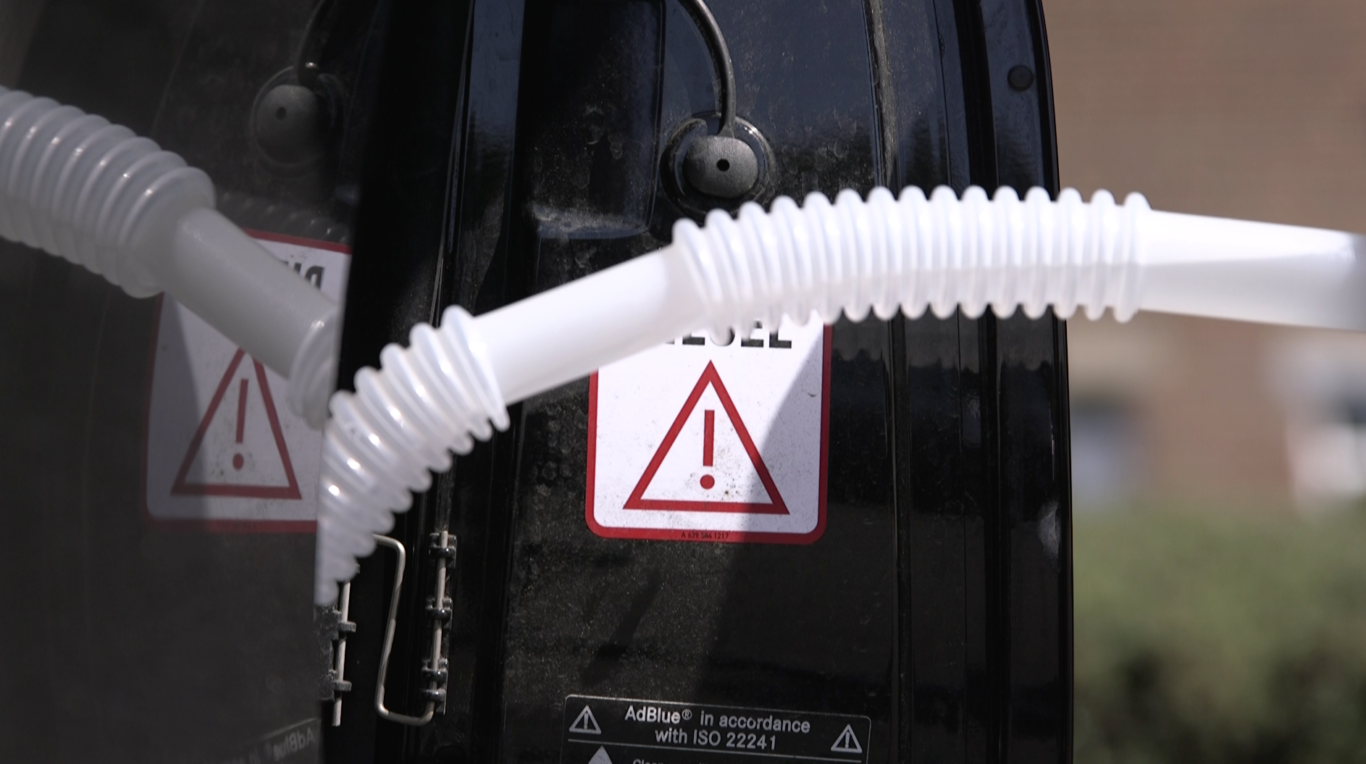
AdBlue can be bought in containers from one litre up to 25 litres and beyond. However, once exposed to air it has a short shelf life, so try and only buy as much as you need. Again, consult your owner’s manual or contact your vehicle’s manufacturer to find out how much AdBlue you might need. An Audi A4, for example, has a 12-litre AdBlue tank.
How do I fill up with AdBlue?
First, locate your AdBlue filler. They can be in fairly logical places – many manufacturers put them next to the diesel cap – but they might also be hidden away. On a Land Rover Discovery Sport, it’s underneath the bonnet, and the Mercedes S-Class hides it in the spare wheel well. Once again, consult your owner’s manual.
Your AdBlue container may have been supplied with a filler hose and nozzle, which is ideal for preventing spillage – it’s a nasty, smelly solution if spilled on clothes, and can damage your car’s paintwork. If no hose was supplied, you’ll need to provide your own funnel to prevent spillage.
Simply tip the solution into the car and when you’re full, you’re full! Most vehicles with AdBlue will have a gauge of how full the tank is buried somewhere in the car’s infotainment. Keep searching until you find it, and you’ll know how much AdBlue you need.
What happens if my AdBlue runs out?
You’ll need to be pretty oblivious not to notice when your car’s running out of AdBlue. Dashboard warnings should flash up in plenty of time, giving you at least a few hundred miles in which to fill up your AdBlue.
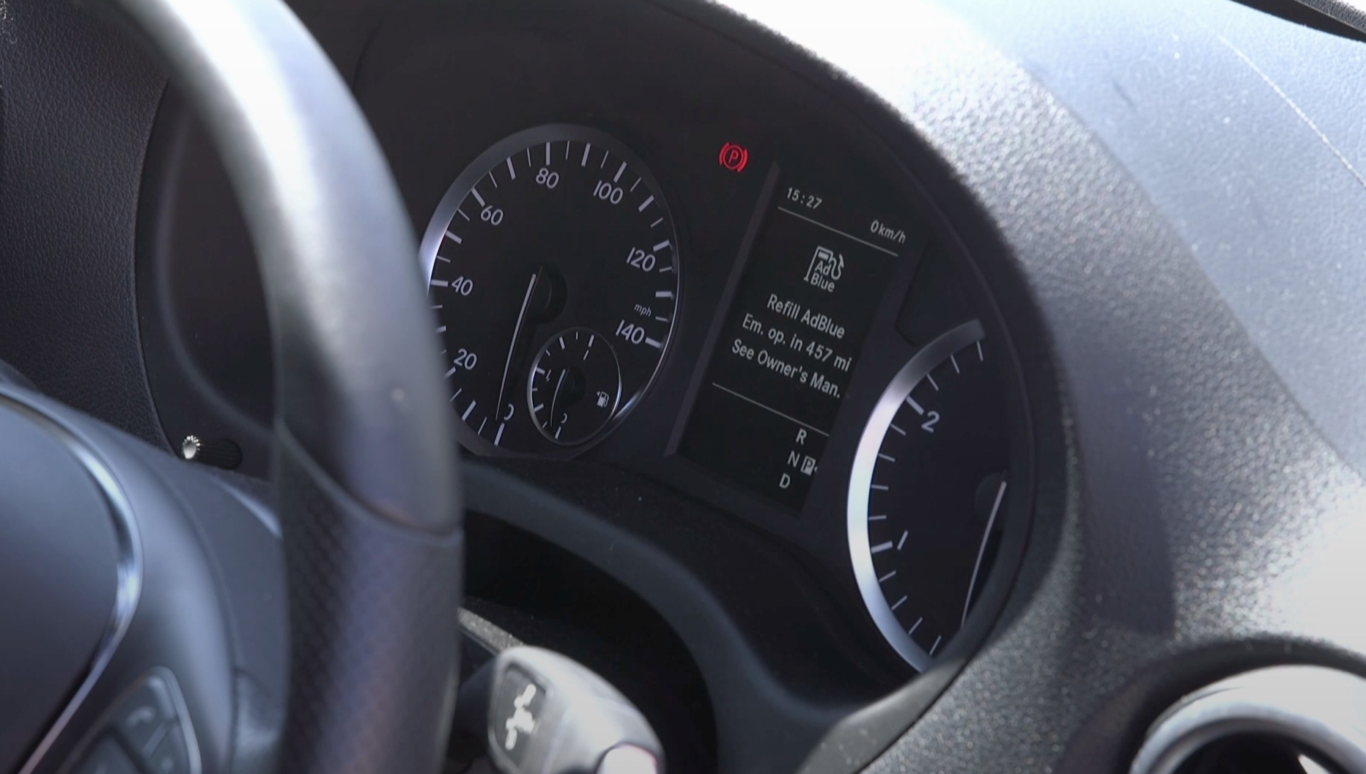
Continue driving and the car’s likely to become very irate. It’s not going to cut out on you – after all, AdBlue is a post-engine treatment and doesn’t affect how the car runs. However, some engines may limit performance when AdBlue supplies are depleted.
Most will not start at all if the AdBlue tank is empty – after all, if a car’s been approved for road use with an AdBlue system in place, running without it is technically illegal.
Help, I’ve…
– Put AdBlue in my diesel tank by mistake
Do NOT start the engine. AdBlue is not a fuel, and it could cause serious damage if it gets into the fuel system. Call a breakdown provider or mechanic and get your tank professionally emptied and cleaned.
– Spilled some AdBlue
Don’t worry. AdBlue isn’t harmful to the environment, but if it’s a big spill it’s best to try and keep it away from drains or waterways. Small spills can simply be washed away with water.
– Got AdBlue on my paint
It’s easy to drip AdBlue down your paintwork by mistake. Simply rinse off with water and give the car a proper wash as soon as you’re able.
– Contaminated my AdBlue
Don’t use anything but pure and clean AdBlue in your vehicle. Any contaminants or particles may damage the SCR system

